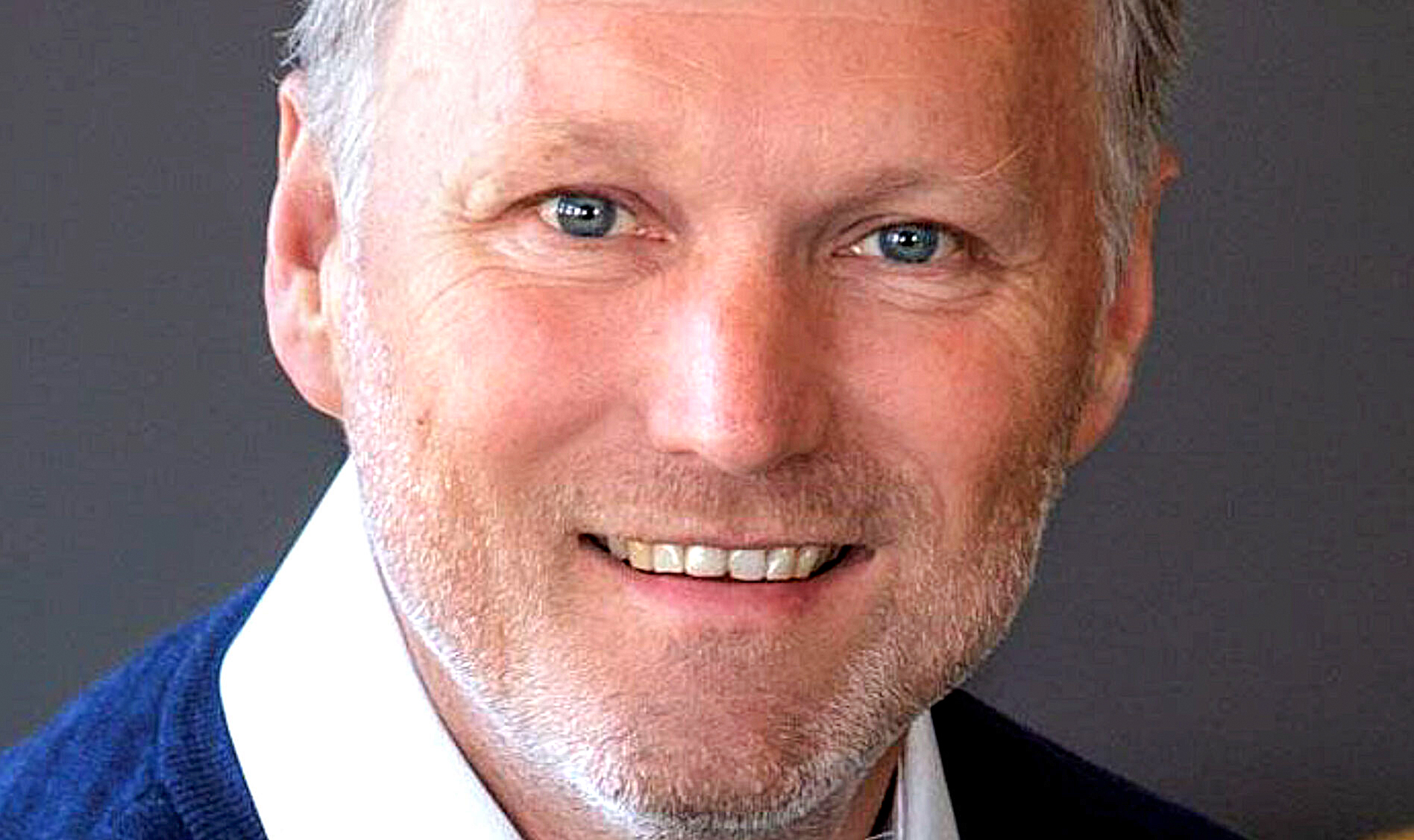When TymeBank CEO Karl Westvig says, “I ultimately got to pay the bill in South Africa for it,” he’s not just talking about rands and cents. He’s talking about what he sees as a missed opportunity to build a world-class, fair and inclusive digital identity system that doesn’t sabotage the very banks trying to serve the country’s unbanked masses, just like the one TymeBank is building in the Philippines.
Westvig, who oversees TymeBank’s South African operations, has come out swinging in response to the Department of Home Affairs’ (DHA) identity verification fee increase, which has sparked boardroom grumbling and public confusion.
From 1 July, the DHA will charge R10 per real-time identity verification, up from a nominal 15 cents.
Read more: Home Affairs’ Leon Schreiber stands by identity verification price hike
In a late Friday evening conversation with Daily Maverick, Westvig unpacked why TymeBank, known for its *sigh* “phygital” (physical + digital) model, feels blindsided and why he thinks the process failed the very people it claims to protect.
Ghost letters and digital dead ends
Unlike Capitec, which publicly backed the DHA’s upgrade ambitions and promised to absorb the costs for now, TymeBank insists it never got a fair shot at the conversation.
“We were explicitly told to go through Sabric [South African Banking Risk Information Centre], not directly with DHA. It was a clear instruction,” said Westvig.
Then came the phantom communication: an email, apparently sent to all bank CEOs in South Africa, which never reached him.
“We’ve checked our email servers. We’ve got no record. It didn’t go to spam. It didn’t go anywhere,” he said. This is why Tyme Group CEO Coenraad Jonker went on media platforms last week to say the bank was caught on the back foot while the new pricing snuck in through the front door.
And while the DHA might see a universal fee structure as a necessary cost of securing South Africa’s ID ecosystem, Westvig sees it as a blanket approach that ignores the nuances of a digital-first bank serving people on tight margins.
Broken systems and surprise invoices
The problem isn’t just the price, it’s the system behind it. TymeBank depends heavily on real-time online verifications to onboard customers in under five minutes, printing cards on the spot in retail kiosks.
It’s a model designed to bring people in from the “margins” (think: social grant recipients who can’t afford the steady wealth leak of bank fees), not push them out with costs they can’t carry.
“The [DHA] system is down half the time,” said Westvig, pointing to the irony of people paying more for a service that regularly leaves them hanging.
TymeBank’s internal calculations show that if they had to pay R10 per internal database lookup, as they now face with the DHA, they’d “be bankrupt a hundred times over” within a month.
Even more frustrating to Westvig is the lack of clarity about how DHA arrived at its pricing.
“We don’t understand if it’s just for the online verification service or whether this is to fund something else. We don’t know,” he said. “We do not believe it’s fair.”
The offer they wouldn’t take
TymeBank offered to help build a new ID verification system for the DHA. “We said, ‘Let us help you. We’ll build it for you,’” recounted Westvig.
It’s not a hollow boast. TymeBank has built a similar system from scratch in the Philippines, and Westvig says they’re now costing it out to show the government just how lean a digital ID verification service can be if designed right.
“It’s not a competitive structure,” he responded when asked whether they would sell it to the government and allow other banks to use such a system.
“We’d happily support a system available to all banks on the same basis, and it could run completely independently on cloud infrastructure like AWS [Amazon Web Services].”
Fighting for the R370 grant recipient
Westvig’s frustrations aren’t purely technical or corporate. They cut to the heart of TymeBank’s mission: to bank the unbanked profitably, from day one.
A grant recipient receiving R370, he argues, should be able to access “free banking” (read: zero monthly fees), free payments and withdrawals that don’t chip away at already strained budgets.
“We want that money in their pocket, not eaten by fees,” he said.
Unlike some banks that reward big balances with higher interest, TymeBank pays one rate for everyone. It’s a small but potent gesture in a country where financial inequality still tracks along apartheid-era lines.
Capitec’s marketing flex
Meanwhile, Capitec has adopted a different strategy: take the hit on fees, call it a marketing expense, and move on.
With its massive scale and traditional footprint, Capitec can afford to play the long game. TymeBank, still scaling up its digital-only model, doesn’t have that luxury.
“Capitec can just absorb it,” said Westvig, hinting at the unequal playing field between incumbents and disruptors.
No hard feelings, just unfinished business
Despite the clash, Westvig insists TymeBank supports the DHA’s intention to modernise and secure the population register. He praised the progress under Home Affairs Minister Dr Leon Schreiber, calling him “a great leader” with a positive track record.
But intent, he argued, doesn’t pay the bills. And in this case, it could undermine the very goal of financial inclusion South Africa so desperately needs.
“We have no tainted views on the DHA,” said Westvig. “We just want this resolved properly.” For now, the bill lands on TymeBank’s desk. DM




 TymeBank CEO Karl Westvig. (Photo: Supplied)
TymeBank CEO Karl Westvig. (Photo: Supplied)